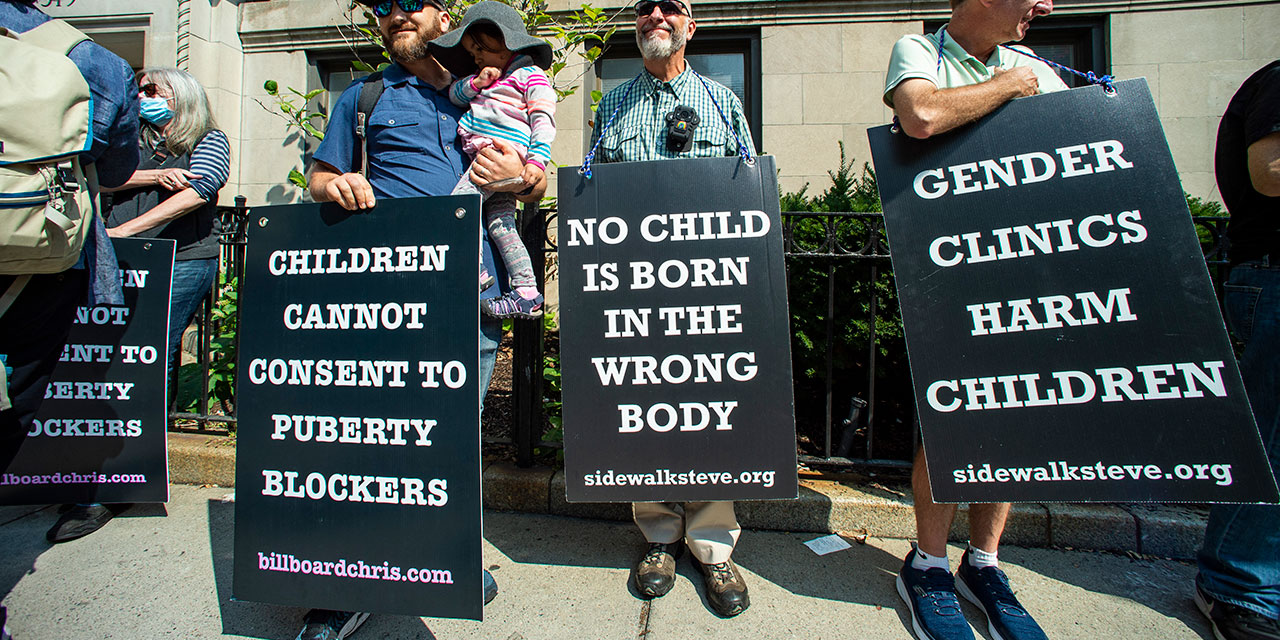Time knows that many will find its choice of Vladimir Putin for Man of the Year shocking—but any publicity is good publicity! The magazine presents a peremptory defense: the Man of the Year “is not a boy scout,” he is not a democrat, but he numbers among the very powerful, those who shape the world’s destiny “for better or for worse.”
Time does not specify this “worse.” The reader can take his pick: Putin’s army has massacred the Chechnyan population; the Czar of the Year’s police force has essentially eliminated the freedom of the mass media, ready to assassinate courageous journalists in order to keep the others in line. On the other hand, Time is quite specific concerning the “better” that Putin brings to his people and to the world: a “stability” that Russia hasn’t known for a century.
But can one call it “stability” when the various mafias in power demolish and execute each other in the Kremlin’s shadow, to the point where a general in the Federal Security Bureau (FSB), the head of one of the factions, uses the front page of a Moscow daily paper to call for a cease-fire, lest the beautiful power machine crumble?
One must, moreover, ignore the score-settling, the contract murders, the imprisonments, the special treatments in psychiatric wards, and the arbitrary deportations to consider “stability” the permanent Valentine’s Day Massacre that determines the distribution and redistribution of wealth among the oligarchs and the top brass of the FSB. How many billions of dollars has the Man of the Year skimmed from the sales of gas and oil? Some, like the Guardian and Die Welt, claim $40 billion in eight years as president. The Kremlin cliques grow rich on the backs of the Russian people, whose life expectancy is 20 years lower than ours in the West.
Finally, one must lack both heart and mind to coronate as the guarantor of world security an autocrat whose profession of faith is “once a Chekist, always a Chekist,” and whose historical intelligence assaults us with the notion that “the greatest geopolitical catastrophe of the 20th century is”—guess what: the two world wars? Auschwitz? the gulag? wrong!—“the dissolution of the Soviet Union.” True, one must credit Putin with sincerity for daring to make such a public declaration in April 2005; but Time, detecting in it a promise of stability, deserves credit only for absurdity.
In justifying its choice for Putin’s pseudo-stability, Time falls for the Kremlin’s propaganda: all is in order in the Potemkin village. Upon learning of the assassination of Paul Klebnikov, editor-in-chief of Forbes Russia, Anna Politkovskaï¡ wrote: “It is undeniable that stability has returned to Russia—a monstrous stability, such that no one demands justice . . . such that only a fool would still dare to claim the protection of the forces of a regime riddled with corruption. ‘An eye for an eye’ has replaced the rule of law in people’s minds, as in their acts. The president himself provides the example.” Anna is unable to appreciate Time’s choice; she was assassinated on November 7, 2006.
Russia is a great power, by virtue of its oil revenues, its nuclear arsenal, its army, and its manifold military assets—by its multiple planetary means to do harm and to blackmail our democracies. Time can have its assurance that, by eliminating rights, opposition, and freedom of information, Putin is guaranteeing the “security” of this potential powder keg. All dictators, ancient and modern, mild or murderous, have sung the same hymns to security. Open a history book, set aside the fairy tales: Putin is not the Wizard of Oz. Contemplate Time’s cover, look its Man of the Year in the eyes: death stares back at you. Further on in the magazine, on his throne, he is taking your measure.
Translated by Ralph C. Hancock and John C. Hancock.
Photo by MARIO LAPORTA/AFP via Getty Images




